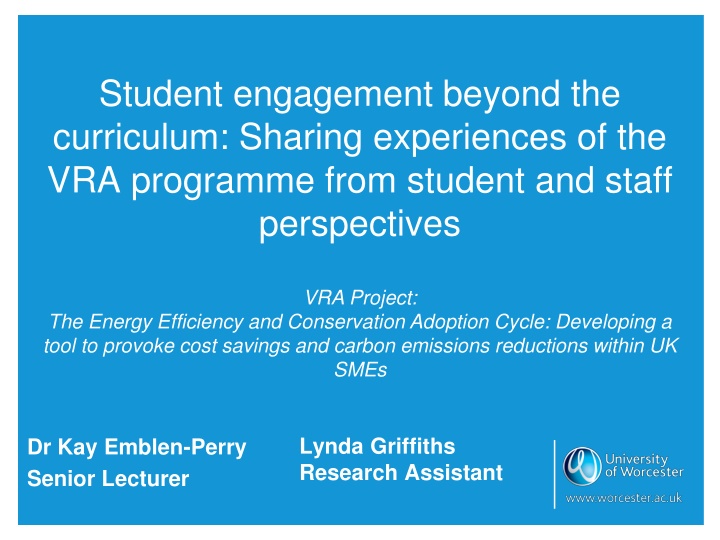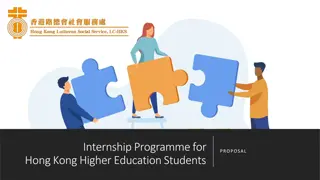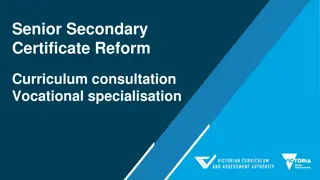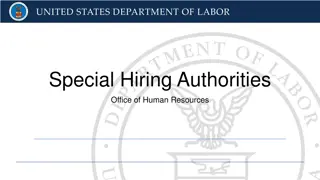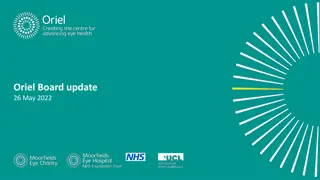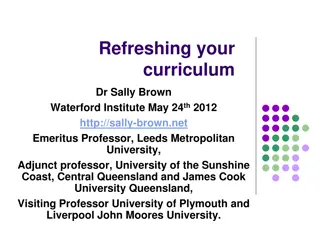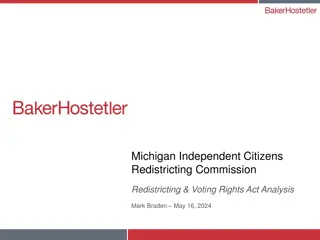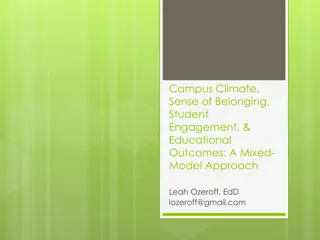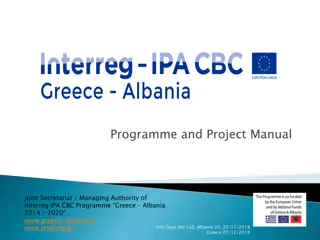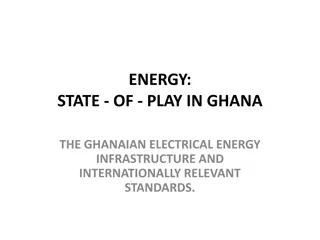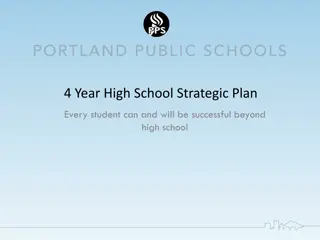Student Engagement Beyond Curriculum: VRA Programme Experiences
Delve into the VRA project's insights on energy efficiency and conservation, analyzing impacts on SME adoption, owner-tenant relationships, and overcoming barriers for enhanced performance and cost savings.
Download Presentation

Please find below an Image/Link to download the presentation.
The content on the website is provided AS IS for your information and personal use only. It may not be sold, licensed, or shared on other websites without obtaining consent from the author.If you encounter any issues during the download, it is possible that the publisher has removed the file from their server.
You are allowed to download the files provided on this website for personal or commercial use, subject to the condition that they are used lawfully. All files are the property of their respective owners.
The content on the website is provided AS IS for your information and personal use only. It may not be sold, licensed, or shared on other websites without obtaining consent from the author.
E N D
Presentation Transcript
Student engagement beyond the curriculum: Sharing experiences of the VRA programme from student and staff perspectives VRA Project: The Energy Efficiency and Conservation Adoption Cycle: Developing a tool to provoke cost savings and carbon emissions reductions within UK SMEs Lynda Griffiths Research Assistant Dr Kay Emblen-Perry Senior Lecturer
Todays Session Approach taken to the VRA project Project outcomes Perceptions of the VRA project Questions & Answers
VRA Project The Energy Efficiency and Conservation Adoption Cycle: Developing a tool to provoke cost savings and carbon emissions reductions within UK SMEs Research aim: to analyse the impact of commercial building ownership on the ability and willingness of owners and tenants to adopt energy efficiency and conservation (EEC) interventions Research objectives: Collect data through a survey of 50 SMEs to Establish EEC intervention adoption in last 24 months Evaluate barriers to adoption Analyse owners and tenants perceptions of their relationships within energy management
VRA Project Approach Formative direction Supported autonomy Freedom to experiment Check points Summative review
Project Outcomes 1 Owners and users barriers to improving energy performance Knowledge constraints 9% Regulatory constraints 2% Financial constraints 37% Ownership constraints 52%
Project Outcomes 1 Barriers to improving energy performance owners vs. users perspectives 66% 55% 45% 23% 10% 9% 5% 2% Financial constraints Ownership constraints Knowledge constraints User Regulatory constraints Owner
Project Outcomes 1 Owners and users perceptions of owner-user energy relationships 36% 29% 29% 29% 21% 21% 14% 14% 5% 2% Supportive Cooperative Collaborative Preventative No involvement chosen Owners Users
Project Outcomes 2 Research provided data for: Conference paper - 2nd World Symposium On Climate Change Adaptation Book chapter in Theory and Practice of Climate Adaptation, World Sustainability Series Future journal article Research findings leading to future collaborations: WCC Business Energy Efficiency Programme H&W Chamber of Commerce Project to be continued with 2017 VRA funding
How does it feel to be a Research Assistant? Daunting: New topic and process Empowering: Becoming a subject practitioner Engaged in upward learning spiral 90% is repetitive graft of emails, letters, cold calling and pavement walking 1 response makes it all worthwhile Moved from receiver of information to a producer of information
21st Century Learning Skills Would I do it again? Academic research processes Data collection/management Critical analysis IT skills Communication Literacy Energy research Fluency Energy language Academic language Information synthesis Literature searching Expert practitioner
Thank You! Questions?
